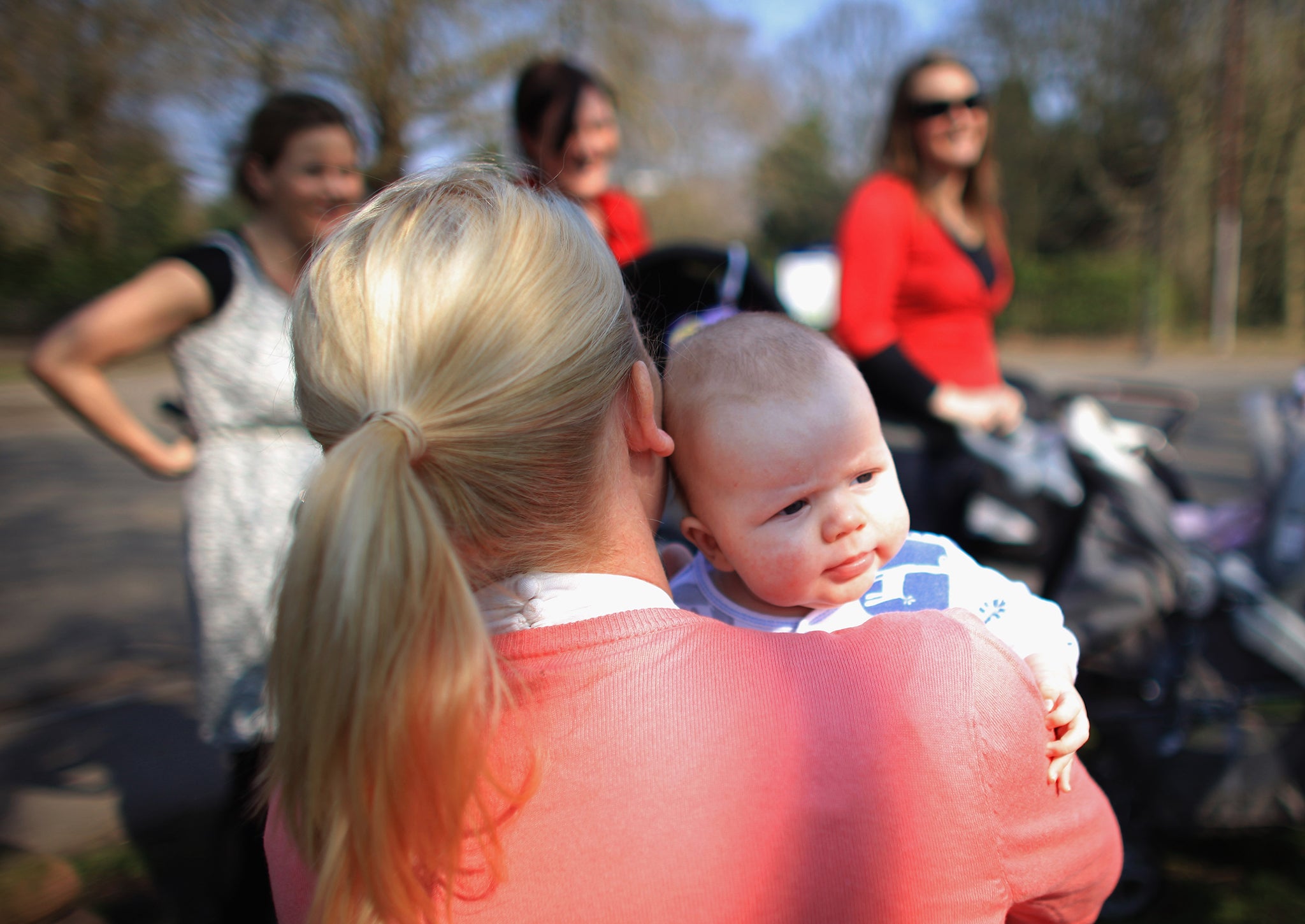Childcare is unequal between sexes because of evolution, study claims
Females developed mammary glands to make up for the lack of childcare provided by males, according to the study

Women's bodies may have evolved to make them better at looking after children because men did not put enough effort in, a new study has suggested.
Research from the University of Bristol suggests that small initial differences which predisposed one sex to care more than the other are exaggerated once the ability to care evolves.
Among mammals, including humans, females have developed mammary glands to make up for the lack of childcare provided by males, according to an analysis of patterns in evolution.
John McNamara, a mathematics professor at the University of Bristol, specialises in behavioural and evolutional biology.
After conducting a study with Dr Max Wolf of the Leibniz Institute of Freshwater Ecology and Inland Fishers, the pair found that men and other male mammals had "shirked" the biological cost of looking after their children.
"We expect one sex to both provide the milk and put in a high care effort, while the other sex avoids the cost of mammary glands and puts in little effort," Professor McNamara said.
In theory it makes little sense for one sex to take on the role of childcare, as offspring have a stronger chance of survival if both parents contribute to their upbringing.
However many species share childcare so unequally that is has changed their bodies.
The researchers on the project believe that social changes in childcare will not shape human evolution, adding that the research "does not say anything about who should, in a moral sense, care".
Join our commenting forum
Join thought-provoking conversations, follow other Independent readers and see their replies
Comments
Bookmark popover
Removed from bookmarks